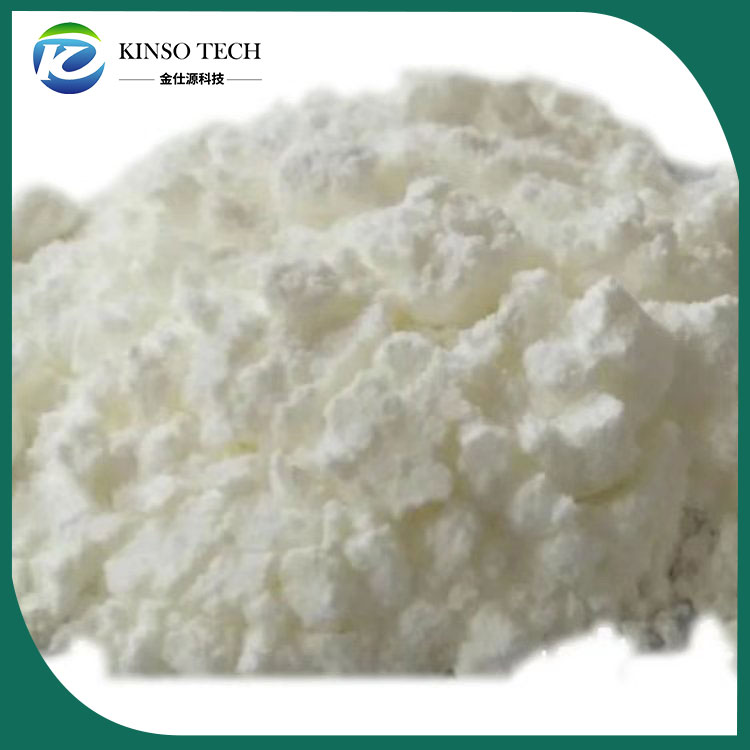
UV absorbers are polymer additives that can selectively capture ultraviolet spectrum energy. Their core function is to convert light energy through molecular structure and protect substrates from photochemical degradation. The material has systemic advantages in multiple application areas through an automatically activated protection mechanism.
The conjugated aromatic structure of UV absorbers has a specific electronic transition ability, which can convert high-energy ultraviolet photons into harmless heat energy release. This molecular-level energy conversion occurs inside the material, preventing ultraviolet rays from directly acting on the polymer chain. Traditional physical shielding solutions can only reflect part of the radiation and cannot block the absorption of ultraviolet rays on the surface of the material.
This agent can be melt-dispersed during the polymer processing stage to maintain the original light transmittance and surface smoothness of the product. Post-treatment coatings may change the optical properties of the material and increase the risk of interface peeling. Thermal stability ensures that it does not decompose during high-temperature molding and is suitable for a variety of processing technologies.

UV absorbers do not consume their own structure during energy conversion, forming a recyclable light stabilization mechanism. While physical coatings fail as the surface wears or ages, a well-dispersed absorber continues to function for the life of the substrate.